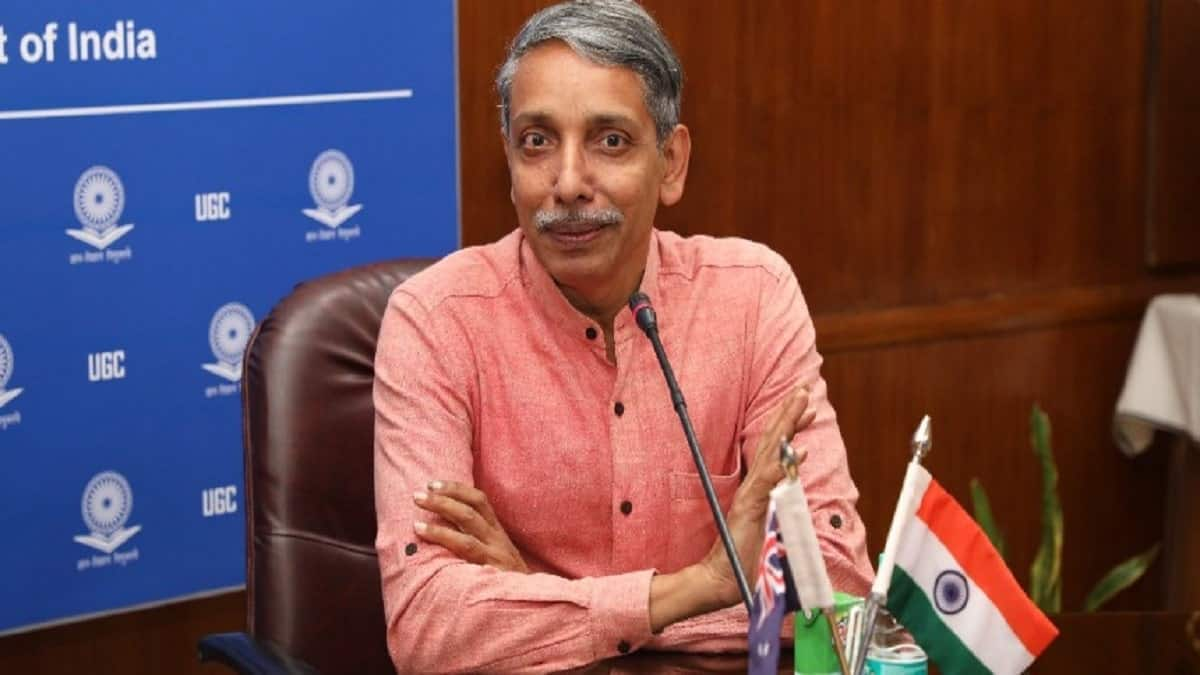UGC clears path for skill courses, micro-credentials in all HEIs with 50% cap on credit
Anu Parthiban | December 18, 2024 | 01:48 PM IST | 2 mins read
Universities will be allowed to offer courses on emerging fields such as AI, data analytics, digital marketing, literary journalism, to enhance employability: Jagadesh Kumar

NEW DELHI: The University Grants Commission (UGC) has approved the “Guidelines for the Introduction of Skill-based Courses and Micro-credentials” in higher educational institutions (HEIs) and the standard operating procedure (SOP) for implementation. All universities will be allowed to offer skill courses with 50% cap on the total credit limit.
As per the UGC regulations, the maximum permissible credit accumulation through skill-based courses or micro-credentials shall not exceed 50% of the total credits required for the award of a degree in general universities.
For skill universities, the credit limit is up to 60% of the total credits and in exceptional cases, it may be raised to 70% provided they get prior approval from the UGC. “This flexibility ensures that students receive a well-rounded education, with a significant focus on practical and job-ready skills,” the guidelines read.
In a meeting held on November 13, the statutory body approved the guidelines for skill-based courses and micro-credentials with an objective to equip students with practical, industry-relevant skills and help them realise their academic goals in a chosen discipline.
Skill courses to enhance employability
The introduction of short-term, credit linked skill-based courses and micro-credentials is an effort "enhance students' employment opportunities, including self-employment, by addressing industry-relevant skill gaps". “These guidelines aim to address the job market's changing demands and prepare India's youth to become key contributors to a globally competitive knowledge economy,” the UGC chairman said. The guidelines will be soon notified on the UGC portal for feedback.
In line with the vision of National Education Policy (NEP 2020) to bridge the gap between conventional academic instruction and practical competencies, the UGC chief Jagadesh Kumar said: “By integrating the skill courses into the existing educational curriculum, HEIs can offer students exposure to emerging fields such as artificial intelligence, data analytics, digital marketing, literary journalism and feature writing, conflict resolution and mediation, digital advocacy and campaigning, logistics and supply chain, sustainable agriculture, digital payments and banking, fashion marketing and e-commerce and sustainable practices.”
“Acquiring skills in these and related fields will provide enhanced opportunities to our students to either self-employed or seize the new job opportunities emerging in a rapidly digitising and environmentally conscious global economy,” the chairman added.
Also read UGC asks institutions to upload academic credit data for 2024 by June 2025 to ease APAAR roll-out
Credit system for skill courses
The NEP 2020 promotes credit-based system to provide flexible and multidisciplinary education with multiple entry and exit. For skill-based courses under the National Higher Education Qualification Framework (NHEQF), credit allocation follows a distinct structure:
- Theory: 1 credit = 15 hours
- Practical: 1 credit = 30 hours
- Experiential learning: 1 credit = 40-45 hours
On the other hand, 1 credit equals to 30 hours of learning with no distinction between theoretical, practical or experiential learning, for courses aligned with the National Skills Qualification Framework (NSQF). The National Credit Framework (NCrF) allows college students to earn up to 50% of the total credits from diverse domains, including skill-based courses or micro-credentials, the guidelines read.
Follow us for the latest education news on colleges and universities, admission, courses, exams, research, education policies, study abroad and more..
To get in touch, write to us at news@careers360.com.